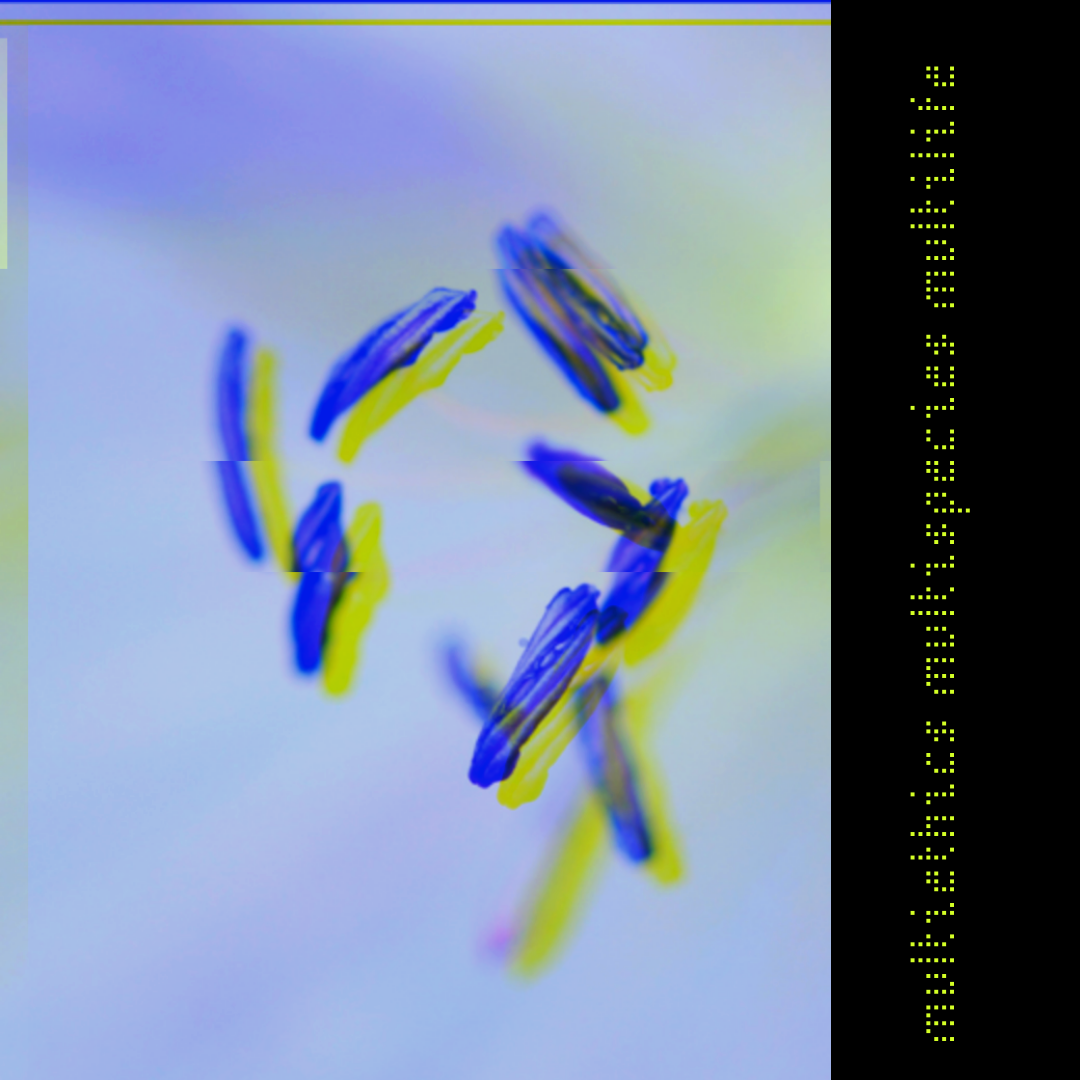
Jeffrey Harrison
Artist Statement: Talking & Listening to Plants
These two poems have very different attitudes about the relationship between the human world and the world of plants. In “Out Back,” the speaker acknowledges the separation between these two worlds and wants to leave the plants to themselves, to appreciate them for what they are, and to resist the temptation to meddle with them too much, either literally (by weeding, for instance) or figuratively (through the embellishments of language). At the same time, this sense of standing apart includes—or perhaps even induces—a desire to be more like the plants, to emulate them in their manner of being.
“Cross Fertilization,” though also about the interaction between plants and humans, is another kind of poem entirely. For one thing, it’s meant to be funny, and part of the humor comes from the kinds of embellishments the first poem eschews, especially in the way the plant and human worlds become metaphors for each other. At the same time, the speaker (and I might as well say “I,” since the poem is based on an actual experience) does not hold back from getting involved in the foxgloves but, for better or worse, engages directly (and a little ridiculously) in their reproductive process. (Foxgloves are biennials, so they need to produce seeds to continue.) Was I closer to the natural world or was I imposing some kind of dominion over it? Possibly both, my desire to get involved resulting in what the first poem calls “yet another mistake.”
JEFFREY HARRISON is the author of six books of poetry, including, most recently, Between Lakes (Four Way Books, 2020) and Into Daylight (Tupelo Press, 2014), winner of the Dorset Prize. He has received fellowships from the Guggenheim Foundation and the NEA, among other honors, and his poems have appeared widely in magazines and anthologies, including Best American Poetry and the Pushcart Prize volumes. He lives in Massachusetts and can also be found at jeffreyharrisonpoet.com.


